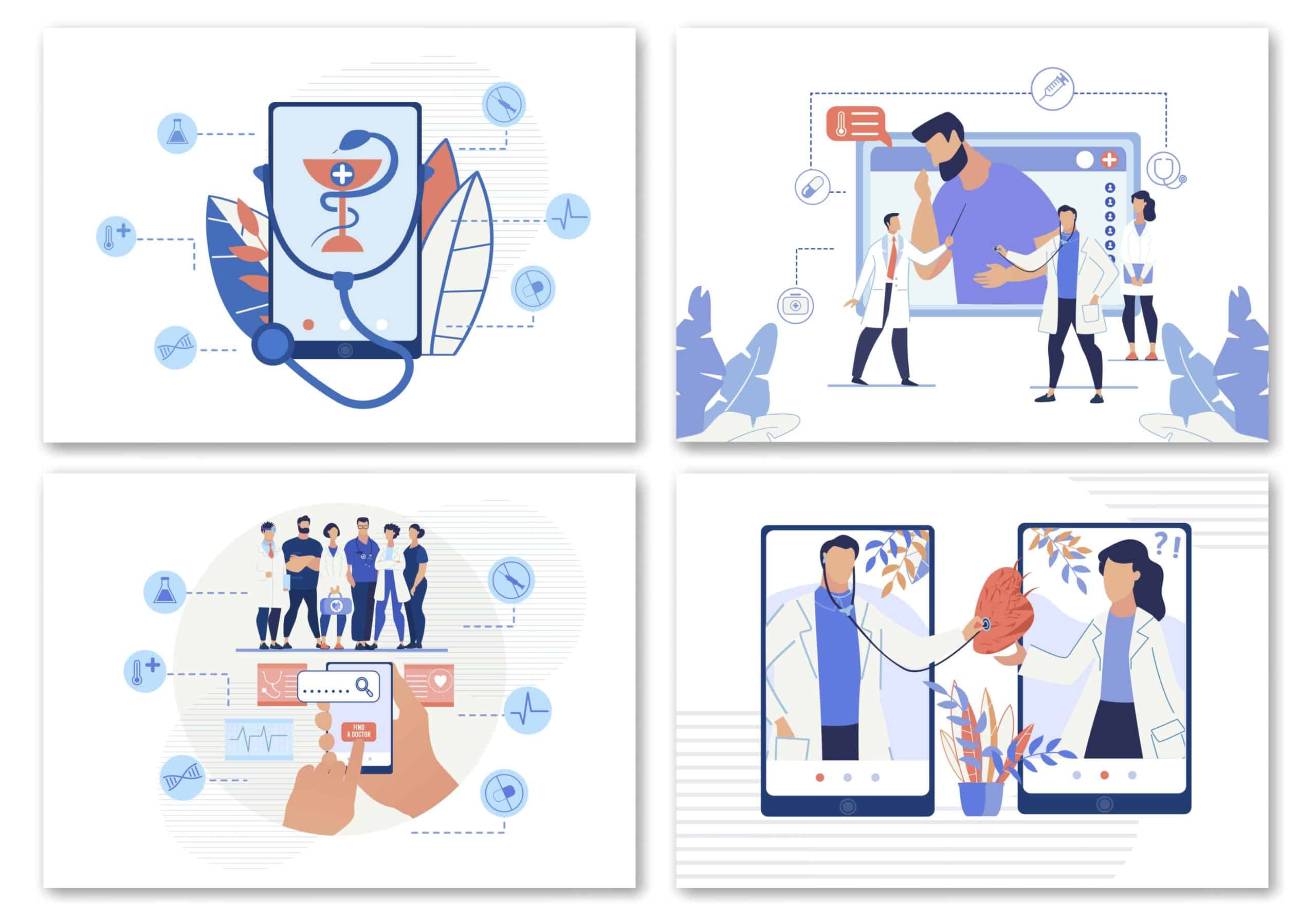The COVID-19 pandemic has catalyzed the implementation of decentralized clinical trials in neurology, bringing the immense benefits of clinical trials to light. This industry-wide push towards trial decentralization has emerged as a key element for improving clinical trial efficiency and improving the experience for patients and physicians.
By utilizing digital technologies, such as wearables, portables, and other sensor-based technologies, decentralized clinical trials meet patients where they are, offering a more patient-oriented approach that greatly minimizes common barriers to patient participation.
Below, we take a closer look at the benefits of decentralized clinical trials for neurology, current challenges of trial decentralization, and clinically validated end-to-end digital solutions for neurological disease trials.
Benefits of Decentralized Clinical Trials for Neurology
The benefits of decentralized clinical trials can be seen across all branches of medicine, including neurology. From improved patient recruitment and retention to the ability to improve data diversity, decentralized trials are here to stay. Here are some of the top benefits of decentralized clinical trials:
- Improved patient recruitment and retention: The average patient dropout rate across all clinical trials is 30%, with 85% of all clinical trials failing to retain an adequate number of subjects to successfully complete a study.
- Flexibility and improved data diversity: Typically, clinical trials are designed around the locations of research centers and recruiting subjects from the local population. Travel distance to the clinic often plays a huge part in patients’ decisions on whether or not they will participate in a trial. By decentralizing trials, barriers to participation are greatly decreased while geographical barriers are broken down, enabling improved data diversity—a crucial element of many neurological disease clinical trials.
- Real-time communication with trial subjects: Frequent and effective communication between study site personnel and patients is a key element to ensuring patient retention. By utilizing digital platforms, site personnel can communicate with patients in real-time.
- Use of non-invasive technologies and low-cost solutions: Decentralized trials offer the ability to leverage non-invasive technologies and low-cost solutions without the use of large clinical equipment. By eliminating the need to transfer large equipment to and from the clinic, more frequent measurements can be collected.
- Opportunities for novel digital endpoints: Currently, trial data is often collected and processed through manual paper workflows. Digital endpoints and digital biomarkers provide pharmaceutical companies with granular, supplemental, and contextual information, enabling them to confidently reach a go/no-go decision as early as possible can help achieve proof of concept more rapidly and at lower costs. Collection of high-quality clinical data through decentralized trials can help build even stronger evidence packages to prove drug or therapy efficacy.
Challenges of Decentralized Clinical Trials for Neurology
It is clear the benefits of decentralized clinical trials outweigh the drawbacks; however, there are several challenges for pharmaceutical companies to keep in mind, such as those detailed below:
- Patient adherence to trial protocols: As trials are decentralized, there will likely be challenges regarding patient adherence to trial protocols. However, technologies, such as wearables, mobile applications, smart boxes/caps for medication, and telehealth programs can be utilized to effectively engage patients and allow them to self-monitor.
- High-frequency testing: While the ability to perform high-frequency testing is beneficial in clinical research settings, it can also be a pitfall, particularly in the neurology space. Most solutions utilized to assess neurocognitive function have a learning effect, meaning if the patient completes the assessment too many times, they will get better at it, and the scores will not reflect their true neurocognitive function.
- Data quality: Decentralized approaches to clinical trials also bring new risks, particularly regarding data quality. Apps, wearable devices, and other digital health technologies require robust technical and clinical validation.
Altoida’s mission is to accelerate and improve drug development, neurological disease research, and patient care. To learn more about our precision-neurology platform and app-based medical device, contact us!
Contact Us
